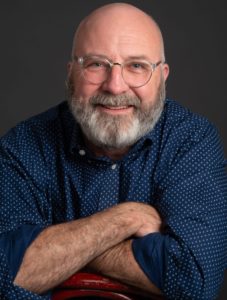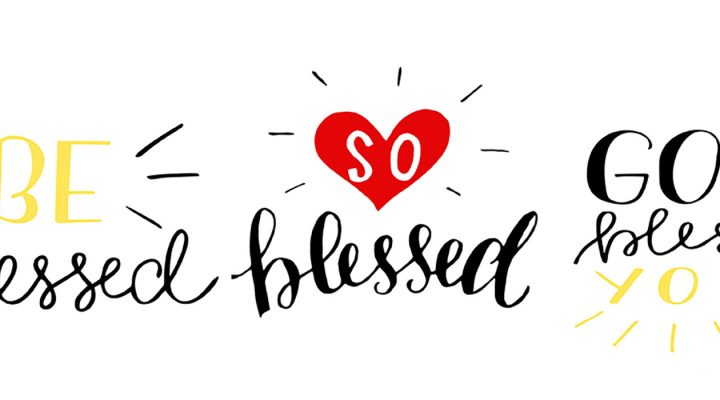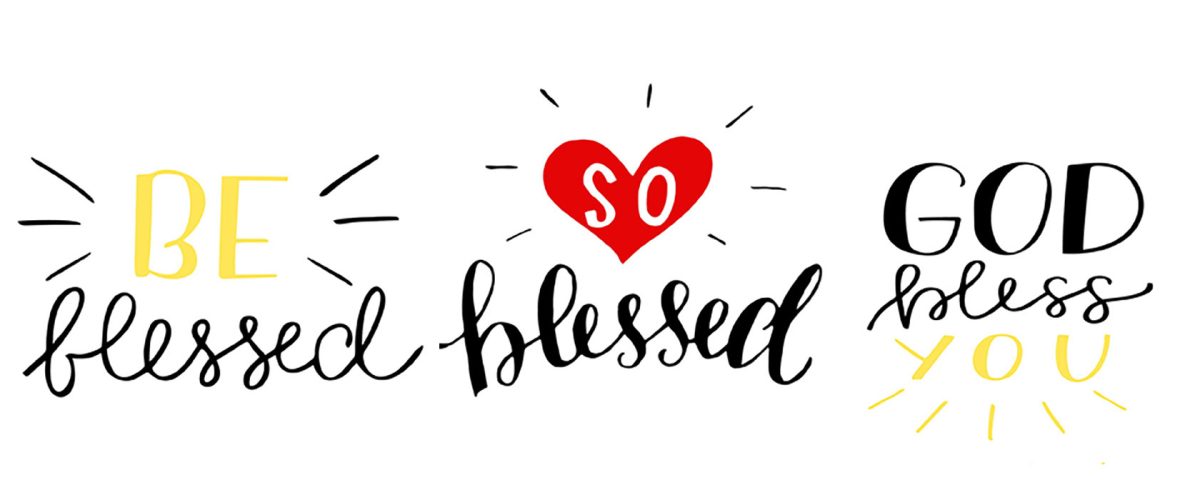This is the first in a November series produced by BNG on what it means to be “blessed,” a word so flippantly used that it often loses meaning.
Before I tell you this story, I need to explain about the part of North Dallas where we live.
It’s called Lake Highlands, because there is a slow but steady upward slope from White Rock Lake to our neighborhood. I know about that slope because I’ve ridden a bicycle from the lake back to my house facing a stiff headwind. Lake Highlands isn’t a city; we’re part of the City of Dallas. We don’t have our own school district; we’re part of Richardson Independent School District. There is no mayor of Lake Highlands, no city council.

Mark Wingfield
We are a large set of neighborhoods defined by Realtors, a high school attendance zone, and attitude. My story today is about the attitude.
Historically, our little slice of heaven has been a haven for a lot of folks who wish they could afford to live somewhere else — namely the Park Cities, a definitely more affluent and more conservative part of town. Lake Highlands used to be thoroughly conservative, but George W. Bush, Donald Trump and Greg Abbott changed all that — along with a tremendous amount of generational turnover.
But we’re still Ground Zero for some very conservative Christian folks who don’t understand they aren’t the majority anymore. These are the white parents who speak of two classes of kids in our public schools: “homeowner kids” and “apartment kids.” Surely I don’t need to spell out for you what that code language means.
“Surely I don’t need to spell out for you what that code language means.”
Among the upwardly mobile in our evangelical-influenced community, it’s quite common to hear folks talk about how “blessed” they are. Which is why I was stunned to hear a friend tell me what he said at a dinner party.
My friend is a 60-year-old man whose parents were first-generation immigrants from Mexico to the United States. My friend grew up in a smaller town in Texas where he was not allowed to speak Spanish at school and where he was told by the white adults around him that he never would amount to anything. He was the equivalent of what homeowner parents in my neighborhood today would call “an apartment kid” regardless of whether he lived in an actual apartment or not.
At this dinner party, my friend was mixing with a small group of neighbors he knew and some he had just met. He listened to them talk about their young adult children, about how they had gotten in to all the right colleges and met all the right people and had landed wonderful jobs.
“I almost said the words before he could pick up his narrative: ‘We’re so blessed!’”
As my friend told me this story, I knew exactly what was coming next because I’ve heard this kind of story over and over again. I almost said the words before he could pick up his narrative: “We’re so blessed!”
These dinner party guests wanted him to know they are “blessed.”
But my friend, being bolder than the typical person, had an opportunity to speak in an aside with one of these “blessed” parents, and he unloaded: “You shouldn’t use that word in that way. You think you are ‘blessed’ because your kids have had opportunities and gotten into the right schools and landed good jobs. But that means all the kids who didn’t have those advantages, didn’t get into the right schools, didn’t have the connections to land great jobs aren’t ‘blessed.’”
He wasn’t done yet, though. He explained his own life story, how his parents worked five jobs to put food on the table for their children, how he himself does not have a college degree but nonetheless has been successful in life — despite what those mean teachers told him as a child. And then he put the knife in: “I know what kind of jobs everyone here has, and I know what those jobs pay. And I want you to know that I make more money than anyone here. Am I not blessed?”
Hearing him tell this, I’m sure my jaw fell open and I was staring at him in a stupor. I couldn’t imagine his boldness. He cut right to the heart of the socio-economic argument behind the North Dallas definition of being “blessed.”
“What did that person say? How did they respond?” I asked.
“Nothing I said made sense to them. It did not fit into their worldview. They couldn’t understand.”
“Silence,” my friend replied. “Nothing I said made sense to them. It did not fit into their worldview. They couldn’t understand.”
The conversation my friend and I were having began with a question about why some parents are willing to betray their own children who turn out to be gay or lesbian or transgender. I had commented that as a parent I cannot imagine how any ideology or theology could be more important to a parent than maintaining communication with their children.
My friend, who is gay, raised his finger in the air and said, “Don’t you know what that’s about? It’s not about religion.”
“Go on,” I begged.
“It’s about the neighbors. It’s about keeping up appearances. It is more important not to have a gay kid than to be disliked by your neighbors and friends.”
While that sounded harsh at first, I quickly came to agree with him. I immediately thought of so many of the older adults who had left our church after we voted overwhelmingly to become welcoming of LGBTQ Christians. Some of those several hundred people who walked away from our church — mainly to go join a more popular and upscale church in the Park Cities — mounted theological arguments. But at the end of the day, the thing that swayed them most was their friends.
They wanted to be with their friends, and they wanted to be accepted by their friends. Birds of a feather, don’t you know?
In the months after “the vote” at our church, I learned the other side of this friendship equation, though. One senior adult couple in particular bucked the groupthink of their friends and their Sunday school class. They stayed, while nearly all their friends left. And because they wouldn’t play along, they no longer were considered “blessed” like all the others and they were cut off. They might as well have been “apartment kids.”
This couple started visiting other adult Sunday school classes in the church. They started engaging in new missions projects. They volunteered to serve in ways they never had done before.
And I’ll never forget what they told me one Sunday: “We didn’t know all these wonderful people were in the church. We didn’t know all the things we could do and where we could fit in.”
And although I’m not sure they used this exact word, what they meant was this: “We are so blessed.”
Mark Wingfield serves as executive director and publisher of Baptist News Global.


